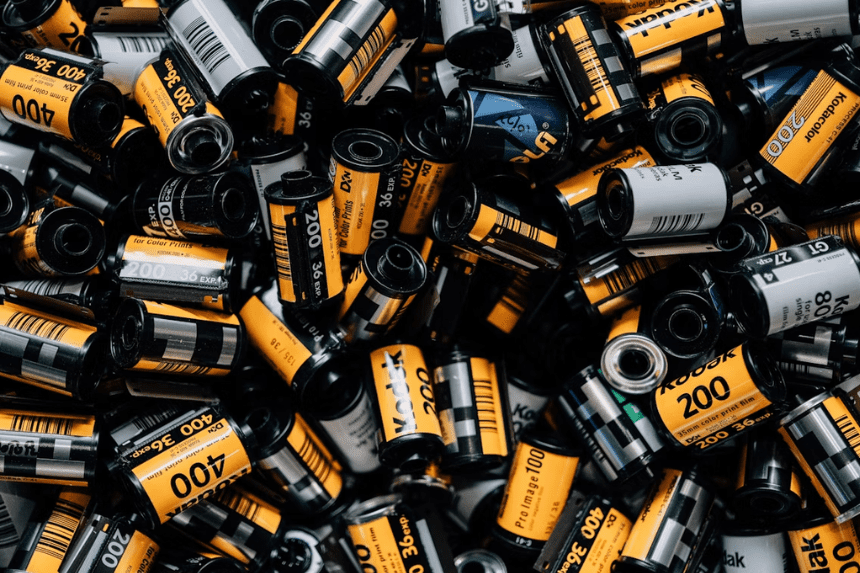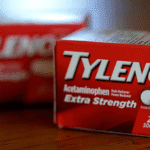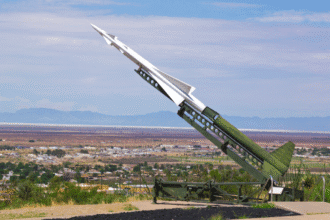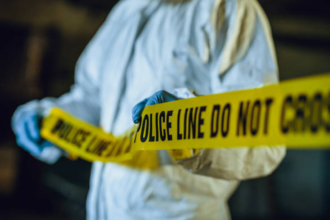The South Korean court sentenced the head of a lithium battery manufacturing company to 15 years in jail after a tragic industrial fire in which 23 people were killed. The incident took place in June 2024 in a feature located in Haswong, about 45 km south of Seoul. Blaze claimed the lives of 18 foreign workers and eight others were injured.
The judges ruled that the fire could not only be stopped, but also. The company’s leadership, including CEO Park Soon-Kwan and other officials, was found guilty of gross negligence under South Korea’s strong industrial safety laws. The case marks the rigorous punishment imposed so far under the amended law.
The prosecutors pushed for a 20 -year sentence, indicating safety failures and amendments at the plant that hinders workers’ ability to evacuate. The court eventually gave a 15 -year term for the park and sentenced his son, a senior company, to a lunar fine, a monetary fine.
What Caused the Deadly Fire?
The fire ignited on the second floor of the Aricell factory, where around 35,000 lithium battery cells were stored and processed. Investigators revealed that the site lacked proper safety protocols and emergency planning.
Lithium batteries are known for their volatility, particularly when exposed to heat or moisture. Due to the fire’s chemical nature, emergency crews could not use water to extinguish it. Instead, they used dry sand and specialized firefighting agents. The operation lasted several hours. Here is the link to our article on North Sea Fire.
Were Safety Measures Ignored?
Authorities concluded that the company had not provided sufficient training to workers. Critical emergency systems were either inadequate or completely missing. In their ruling, the court labeled the incident as an “anticipated disaster”—meaning it could and should have been prevented.
Despite issuing a public apology after the fire, CEO Park denied any responsibility for the factory’s safety shortcomings. However, the investigation found that management knowingly bypassed key safety requirements in favor of operational speed.
What Does This Mean for South Korea’s Industrial Laws?
The sentencing has sparked a nationwide conversation on workplace safety. South Korea’s President Lee Jae Myung criticized the current state of worker protections, saying not enough is being done to prevent such tragedies. He has since pledged stronger penalties for firms found responsible for fatal workplace incidents.
Under the country’s updated laws, company owners can face at least one year in prison and fines of up to 1 billion won (approximately $717,000) when found culpable in industrial deaths. Here is the link to our article on Lagos Building Fire.
How Is the Industry Responding?
South Korea remains a global leader in lithium battery fire prevention and battery production. Companies in the sector are now under pressure to reassess their safety standards. The Hwaseong incident has become a case study in corporate accountability, highlighting the risks associated with mass battery storage and improper facility management.
Final Thoughts
This landmark sends a strong message to industries across the country: corporate negligence will no longer be unpublished. As South Korea dominates the Lithium battery fire market globally, ensuring that its workforce safety will now become a top priority. Strong law and executive accountability is likely to shape the future of industrial operations in the country.








